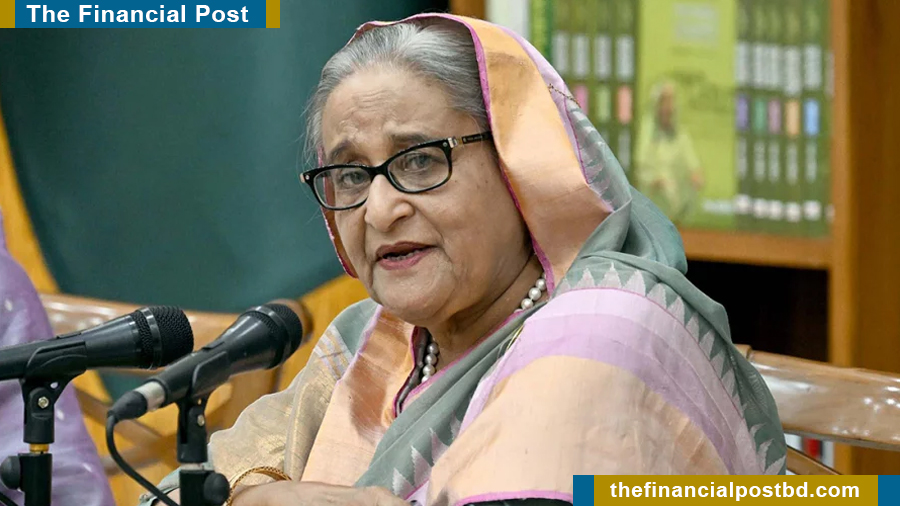Three separate interviews of Bangladesh’s former prime minister Sheikh Hasina—currently residing in India—were published on Wednesday in three prominent international outlets: The Independent (UK), Reuters (US), and AFP (France).
Despite being presented as three exclusive pieces, the interviews carried largely similar messages—each prepared based on written responses Hasina sent via email to a set of pre-submitted questions.
While the publication itself made headlines, what intrigued many was how and why these interviews came about.
A closer look reveals a web of diplomatic calculations, political timing, and strategic media management.
Global media’s long wait
Although Sheikh Hasina’s voice has been restricted in Bangladesh, international outlets have long been eager to interview her.
Several media organizations, through various Awami League channels, had tried for months to secure access—without success. India, too, had been reluctant to allow such interactions.
However, with Bangladesh’s war crimes tribunal expected to deliver a verdict against Hasina and others in November, Awami League insiders reportedly wanted her views to reach the global audience beforehand. After internal discussions, India, too, gave a green light.
The party’s international media coordination is now handled by her son Sajeeb Wazed Joy and former state minister for information Mohammad A Arafat.
When they informed the selected outlets that Hasina was willing to respond—but only through email—some declined, citing lack of opportunity for follow-up questions.
Ultimately, Reuters, AFP, and The Independent agreed on the condition set by Awami League: all three interviews must be published on the same day for maximum impact.
A few months earlier, India’s Bengali daily Dainik Jugasankha had also carried a written interview with Hasina, but it drew little attention in Bangladesh.
‘Nothing happened without India’s approval’
Senior diplomatic correspondent Nayanima Basu in New Delhi observed that such a coordinated publication “could never have happened without clearance from India’s Home Ministry.”
As Hasina’s security and overall arrangements fall under the Home Ministry led by Amit Shah—working in coordination with Indian External Affairs Minister S Jaishankar, most analysts in Delhi agree that the move received explicit approval from Indian authorities.
Basu further noted: “Given the assertive tone of her statements—especially her admission that she plans to stay in India—there is no doubt the Indian government sanctioned it.”
For over a year, Dhaka and Delhi reportedly debated whether Hasina should be allowed to speak publicly at all. Bangladesh urged India not to permit comments that could destabilize the situation back home, but India held a different view.
During a meeting in Bangkok, Bangladesh’s interim Chief Adviser Muhammad Yunus even raised the issue with Indian Prime Minister Narendra Modi, who reportedly replied: “In the age of social media, it’s impossible to silence anyone.”
Still, allowing online addresses to party members is one thing; facilitating interviews with global media is another. Delhi’s eventual approval, therefore, marks a significant shift.
Due to security concerns, however, India continues to bar any face-to-face interviews. Hasina remains under strict protection at an undisclosed location, and only a handful of Awami League leaders have met her in person—always away from her residence.
Why Hasina called for election boycott
Analysts in Delhi now believe Hasina has accepted the reality that the Awami League—currently banned from political activity—cannot participate in Bangladesh’s upcoming general election in February.
Her appeal to supporters to boycott the polls altogether is seen as an acknowledgment of that fact.
India’s official position remains that the next Bangladeshi election should be “inclusive and participatory.” Many interpreted this as New Delhi’s desire for Awami League’s involvement—fueling hopes among the party’s supporters that India might pressure Dhaka to make that possible.
But as the election nears, it is increasingly clear that such a scenario is off the table. Neither India nor any other international actor appears capable—or willing—to ensure the Awami League’s return to the ballot under its boat symbol.
Hasina’s call for a boycott, observers say, stems precisely from that realization.
FP/MI

